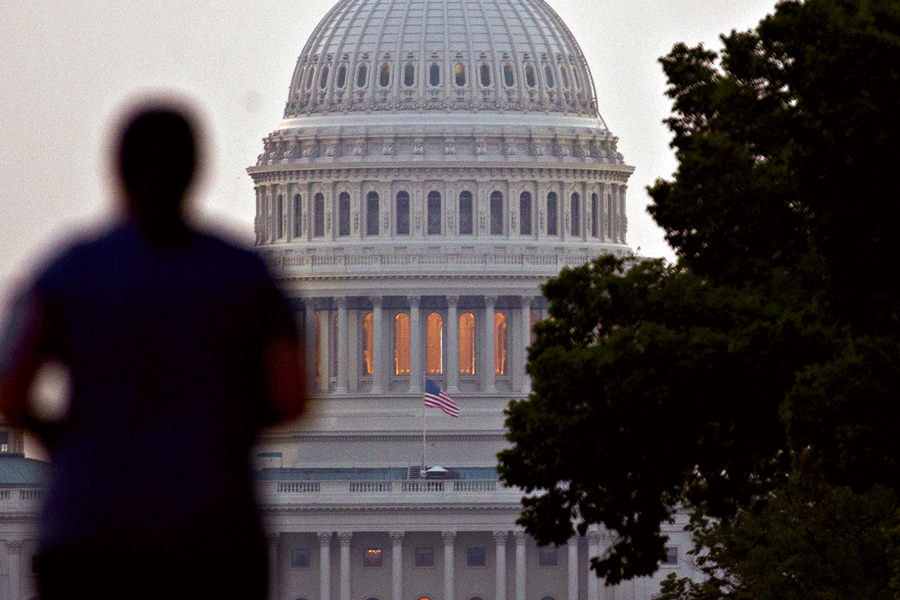

A Senate committee Tuesday unanimously approved major retirement savings legislation that adds to momentum for Congress potentially to pass a comprehensive bill by the end of the year.
The Senate Health Education Labor and Pensions Committee approved on a voice vote the Retirement Improvement and Savings Enhancement to Supplement Health Investments for the Nest Egg, also known as the Rise & Shine Act.
The 79-page bill would expand workplace savings plans, enhance automatic enrollment, enable more part-time workers to participate in retirement programs, allow multiple-employer 403(b) plans, improve fee disclosures for 401(k) plans and increase transparency of lump-sum buyout offers, among many other provisions.
The bill is “the most comprehensive retirement package this committee has considered in a decade,” Senate HELP Committee Chairwoman Patty Murray, D-Wash., said before the panel’s vote. “This bipartisan package tackles a wide range of issues that will help families in my state and across the country get on solid economic footing.”
Murray highlighted a provision that allows employers to establish emergency savings accounts for workers that are linked to defined-contribution plans. She said that policy would help Americans respond to economic shocks like the coronavirus pandemic.
The voice vote to send the bill out of committee to the Senate floor demonstrates that retirement savings continues to be an issue that garners bipartisan support. It is likely to become part of a larger Senate bill that serves as the companion to a comprehensive retirement savings bill, known as SECURE 2.0, approved in the House earlier this year with overwhelming bipartisan support.
“This is a critical milestone toward addressing the anxiety and insecurity that many of America’s workers and retirees have about achieving a financially secure retirement,” Wayne Chopus, chief executive of the Insured Retirement Institute, said in a statement.
Congress must pass a retirement savings bill by Dec. 31, the end of the legislative session. Bills that are not approved by then die and have to be reintroduced in the next Congress, which begins in January.
“We remain optimistic that Congress will send a retirement bill to President Biden this year,” Chopus said. “We are more than halfway through the process, and momentum is on our side. We look forward to working with Senate and House leaders and the White House to get this done.”

Relationships are key to our business but advisors are often slow to engage in specific activities designed to foster them.

Whichever path you go down, act now while you're still in control.

Pro-bitcoin professionals, however, say the cryptocurrency has ushered in change.

“LPL has evolved significantly over the last decade and still wants to scale up,” says one industry executive.

Survey findings from the Nationwide Retirement Institute offers pearls of planning wisdom from 60- to 65-year-olds, as well as insights into concerns.
Streamline your outreach with Aidentified's AI-driven solutions
This season’s market volatility: Positioning for rate relief, income growth and the AI rebound
